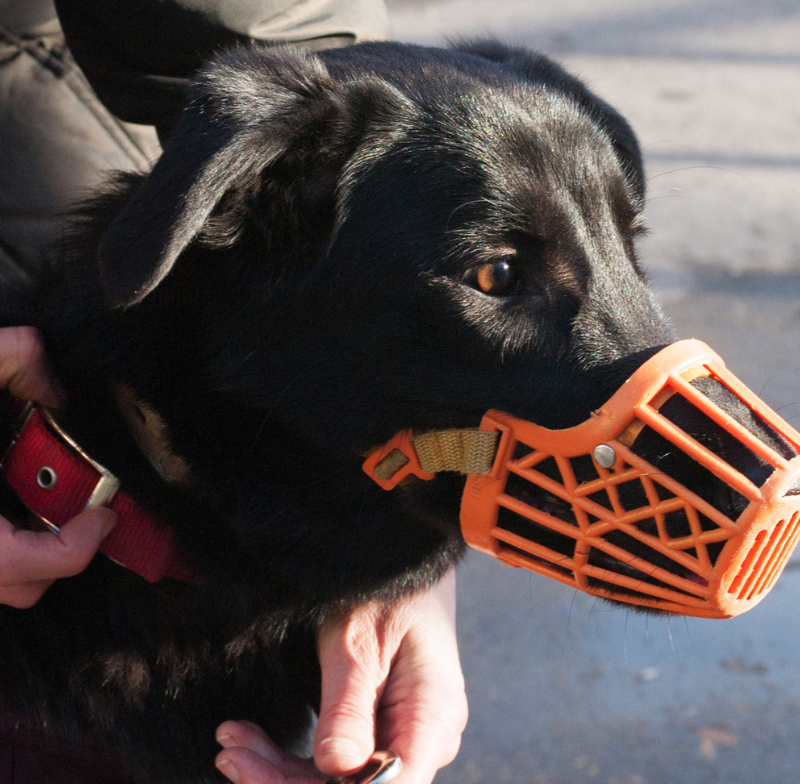Dog walking is a daily routine for millions across the UK, but many dog owners and professional dog walkers may not be aware of all the rules and legal responsibilities they must follow. While it may seem simple to take a dog for a walk, there are numerous regulations designed to protect the public, the environment, and the animals themselves. Failing to comply with these rules can result in fines or even legal action. This guide covers the most commonly overlooked rules that every dog walker in the UK should know when walking their dog including PSPOs (Public Space Protection Orders), microchipping, collar and tag requirements, responsible control, dog fouling laws, pain-free training, restriction signage, livestock protection, and veterinary care.
Public Space Protection Orders (PSPOs) and Dog Control
Public Space Protection Orders (PSPOs) are enforced by local councils to address issues related to anti-social behaviour, including irresponsible dog ownership. These orders can impose restrictions such as banning dogs from specific areas (e.g., children’s play areas, sports fields), requiring dogs to be kept on leads in certain places, and limiting the number of dogs a single person can walk at one time. Many dog walkers are unaware that failing to comply with PSPOs can lead to on-the-spot fines of up to £100, or even higher penalties if taken to court. Councils regularly update these orders, so it’s essential for dog walkers to check their local authority’s website to stay informed.
Microchipping: A Legal Requirement
Since April 2016, it has been a legal requirement for all dogs in the UK to be microchipped by the time they are eight weeks old. This small chip, implanted under the dog’s skin, contains a unique ID number linked to the owner’s contact details on an official database. Dog walkers should be aware that if they are walking a dog that is not microchipped or if the details are out of date, the owner could be fined up to £500. It is the dog owner’s responsibility to ensure their pet’s microchip information is correct, but professional dog walkers should also remind their clients of this important rule.
Collar and Tag: A Simple but Essential Rule
Many dog walkers assume that microchipping is enough, but UK law also requires all dogs in public spaces to wear a collar with a visible ID tag. The tag must include the owner’s name and address, and while a phone number is not legally required, it is highly recommended. Failure to comply with this rule can result in a fine of up to £5,000. This law helps ensure lost dogs can be quickly reunited with their owners, reducing the burden on animal shelters and local authorities.
Keeping Dogs Under Control at All Times
Under the Dangerous Dogs Act 1991 and the Dogs Act 1871, dog walkers must keep dogs under control at all times. This doesn’t just apply to aggressive breeds—any dog that behaves dangerously or causes alarm to the public can be considered “out of control” under the law. Incidents such as jumping up at strangers, running into roads, or knocking people over could lead to legal consequences. Owners and walkers can face unlimited fines, destruction orders for the dog, or even imprisonment in severe cases. To stay compliant, dog walkers should use leads where necessary, ensure strong recall training, and be mindful of how their dog interacts with others.
Picking Up Dog Poo: No Excuses
Dog fouling is one of the most commonly enforced offences under the Clean Neighbourhoods and Environment Act 2005. Across the UK, local councils impose fines ranging from £50 to £100 for failing to clean up after a dog. Some councils even use DNA tracking schemes to identify irresponsible owners. Ignorance is not an excuse, and even in rural areas, the expectation is that dog mess must be picked up and disposed of properly. Dog walkers should carry enough waste bags and dispose of them in designated bins to avoid fines and keep public spaces clean.
Using Training Methods That Do Not Cause Pain
The Animal Welfare Act 2006 requires dog owners and handlers to meet a dog’s basic welfare needs, which includes providing humane training. Painful training methods, such as prong collars, electric shock collars, and harsh physical corrections, can be considered animal cruelty and may result in prosecution. The UK government has announced plans to ban shock collars in England, following similar bans in Scotland and Wales. Instead, dog walkers should use positive reinforcement techniques, such as treats and praise, to encourage good behaviour without causing distress.
Following Signage on Dog Restrictions
Many dog walkers unknowingly break the law by ignoring local signage that restricts dogs in certain areas. Common restrictions include:
- No dogs allowed in children’s playgrounds
- Seasonal beach bans (usually between May and September)
- On-lead requirements in parks and nature reserves
- Restricted access to wildlife conservation areas
Failure to comply can lead to fines issued by local councils, often starting at £100. Dog walkers should always look for signs before entering an area and be aware of seasonal rule changes.
Keeping Dogs Away from Livestock
The Countryside and Rights of Way Act 2000 and the Dogs (Protection of Livestock) Act 1953 make it illegal for dogs to chase or attack livestock. In the UK, farmers have the legal right to shoot a dog if it is worrying livestock. Even if a dog does not physically harm an animal, simply chasing sheep or cattle can cause stress, miscarriages, and financial loss for farmers. Walkers should always keep dogs on leads near farmland and avoid fields with livestock whenever possible. Penalties for livestock worrying include fines of up to £1,000, and in some cases, owners may be required to pay compensation to the farmer.
Seeking Veterinary Advice When Necessary
Dog walkers have a duty of care under the Animal Welfare Act to seek veterinary advice if a dog in their care becomes unwell or injured. Neglecting to do so could be considered animal cruelty, potentially leading to prosecution. Even minor issues such as limping, excessive panting, or signs of heatstroke should be taken seriously. Professional dog walkers should discuss emergency procedures with dog owners beforehand, ensuring they know which vet to contact in case of an incident.
Regional Fines for Breaking Dog Walking Laws
Fines for breaking dog-related laws vary by region, with councils having the authority to set their own penalty amounts. Some of the most common fines include:
- Dog fouling: £50–£100 (higher if taken to court)
- Ignoring a PSPO: £100 fine (rising to £1,000 if prosecuted)
- Failing to microchip a dog: £500 fine
- No collar and tag: Up to £5,000 fine
- Livestock worrying: Up to £1,000 fine, plus possible farmer compensation
- Dangerous dog offences: Unlimited fines and potential imprisonment
Dog walkers should regularly check their local council’s website for specific enforcement rules in their area.
Final Thoughts
Many people walking their dog daily assume that common sense is enough to stay compliant with UK rules and laws, but the reality is that there are many legal requirements that are often overlooked. From ensuring dogs are microchipped and wearing a legal ID tag to keeping them under control and following local signage, dog walkers must take responsibility for their pets’ behaviour. Understanding these laws not only helps avoid fines but also ensures dogs, wildlife, and the public remain safe.
By staying informed and responsible, dog walkers can enjoy stress-free outings while respecting both legal and ethical obligations. If you’re unsure about any regulations in your area, always check with your local council or the UK government’s official guidance on responsible dog ownership.
I hope this post on dog walking rules in the UK was useful!
Featured Image by Will Eames from Pixabay
Discover more from A Tail of Two Dogs
Subscribe to get the latest posts sent to your email.





I never have my dog off lead unless in a dog field but just walking on the pavement is a nightmare. She does not like people running up from behind us (ie Joggers) unless she notices them coming towards her she jumps up at them when they pass, if we see them coming its fine as I will make sure she is on the other side of me. I will admit they make me jump also, but as I am looking where I am going not where I been I do not always see them until they are beside me. Any suggestions. I am 70 years old & have had so many nasty comments from joggers it is putting me off going out with her.